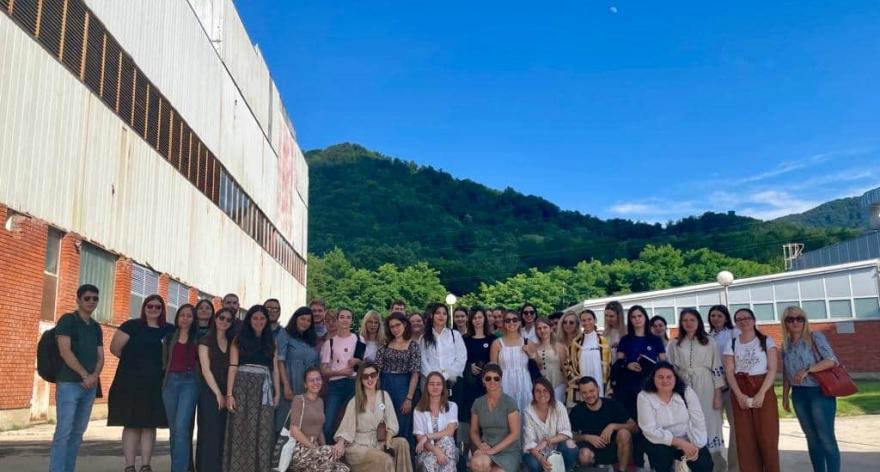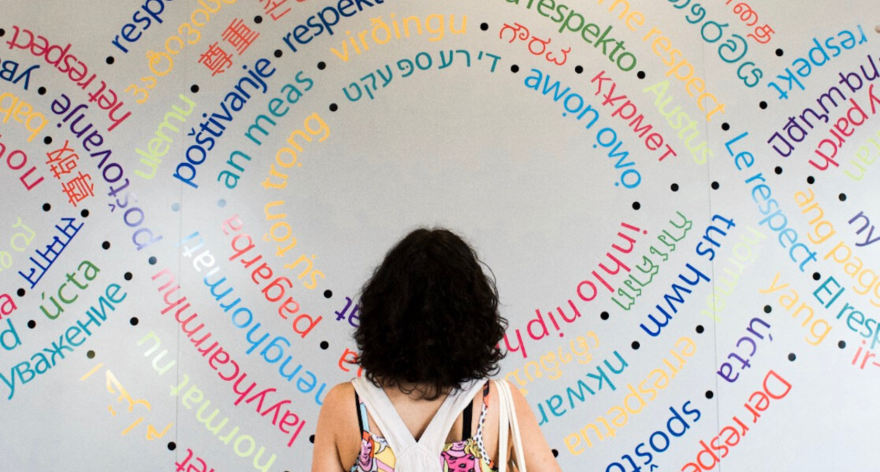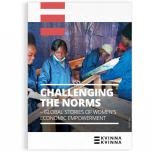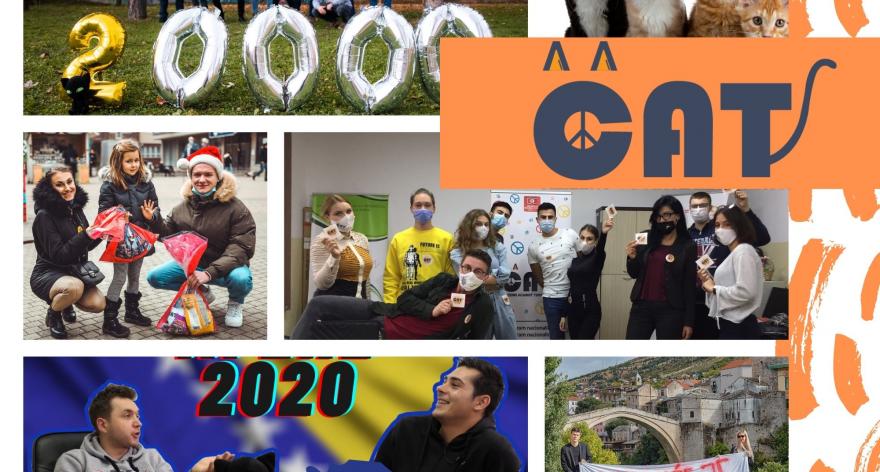Bosnie Herzégovine
Le but du Réseau bosniaque de la Fondation Anna Lindh (BiH) est de créer un réseau régional dont la totalité des membres sont acteurs de la construction, des activités et de la prise de décision. De même, au sein du Réseau, les conditions nécessaires à la coopération, l’ouverture, la coordination et la satisfaction des intérêts des membres sont créées, le tout en accord avec la mission de la FAL.
Les forces du Réseau bosniaque de la FAL résident dans : sa diversité, son interdisciplinarité et sa représentation relative dans toutes les régions de la Bosnie-Herzégovine.
Le Réseau a à son actif plusieurs réalisations, parmi lesquelles : la continuité de son travail depuis sa création en 2009, une structure bien établie (Chef de file, Comité de direction, Assemblée, membres permanents), des documents structurels du Réseau bien conçus (Accord de coopération).
Les actions et les règles du Réseau tendent à : développer et renforcer la coopération et le réseautage internationaux, et avoir un impact sur les individus, mais également sur les communautés locales et régionales, et sur les institutions gouvernementales.
Les principaux domaines d’intervention dans lesquels l’expertise du Réseau se reflète sont la culture, la coopération et l’échange interculturels, ainsi que le partage de son expertise avec les autres réseaux dans le domaine du dialogue social, culturel et interculturel.
À l’avenir, le Réseau tend à multiplier les coopérations régionales et les activités de projet avec les réseaux de la région. Les caractéristiques distinctives du Réseau résident principalement dans sa collaboration dans le milieu du théâtre et de l’art (salon du livre, Sarajevo Winter), et du Peace Festival (festival culturel de jeunes créateurs peu connus en Bosnie-Herzégovine), qui devrait se consolider et s’étendre dans la région, au sein du Réseau de la FAL.
La devise du Réseau bosniaque de la FAL est la suivante : « Goûtez la Méditerranée. »



